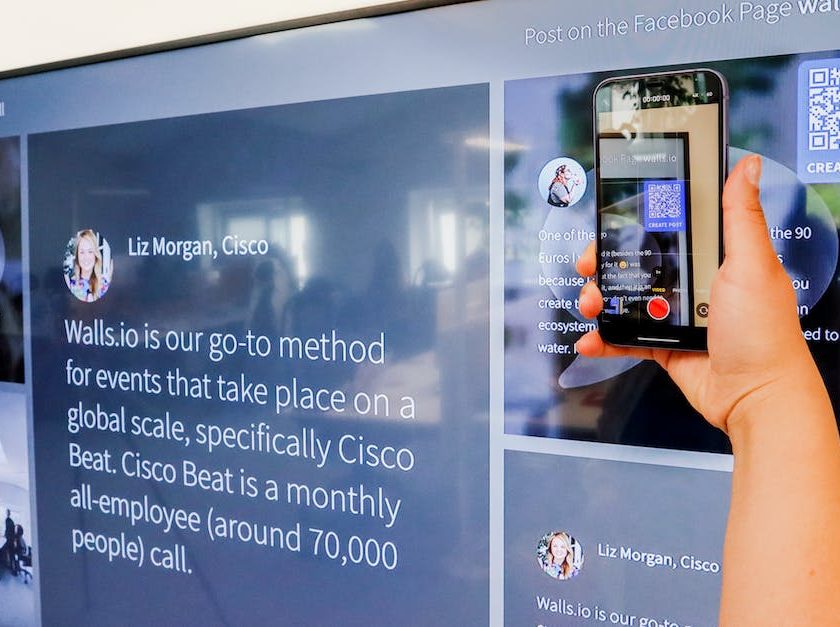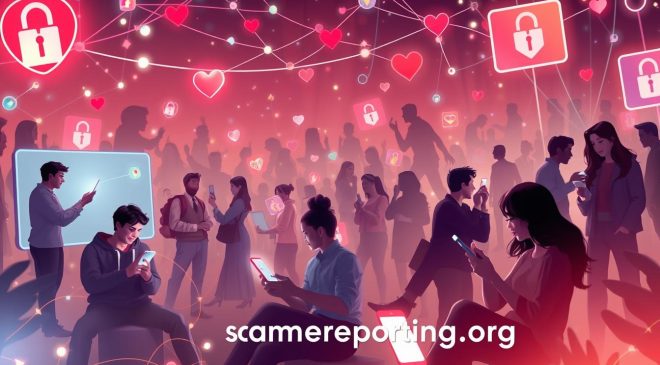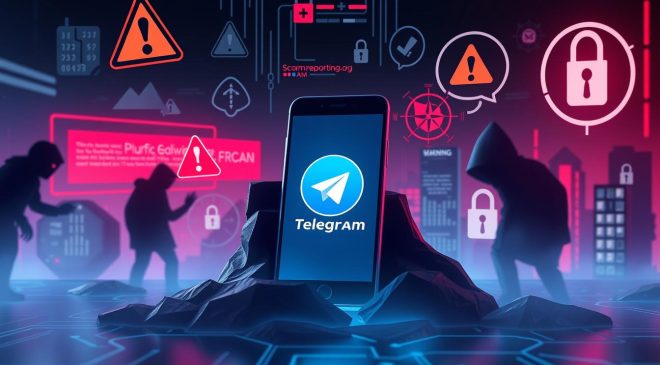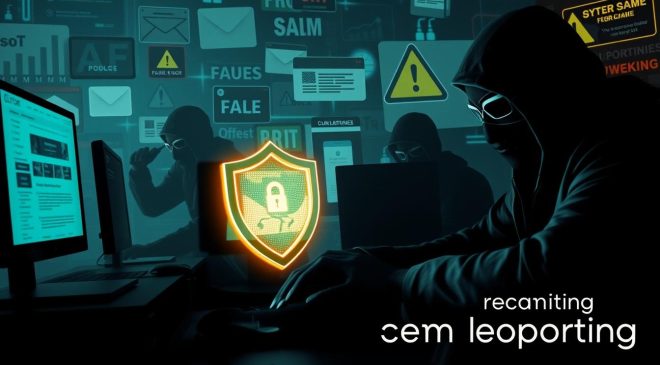
In recent months, a wave of fraudulent QR code scams has engulfed the United States, leaving countless consumers puzzled and vulnerable. QR codes, the quick-response barcodes that facilitate easy access to information or payment transactions, are now being exploited by cunning fraudsters.
This latest twist in the scamming saga highlights the importance of vigilance and caution in the digital age.
These fraudulent QR code scams typically involve criminals placing fake QR codes in public locations or distributing them through unsolicited emails or social media platforms. When scanned, these codes redirect unsuspecting victims to malicious websites, where personal information or financial data is harvested.
John Doe, a victim of one such scam, shared his experience. “I received an email urging me to scan a QR code for a limited-time discount. I thought it was a legitimate offer, so I scanned the code without thinking twice. Little did I know that by doing so, I exposed my sensitive credentials to a group of cybercriminals bent on exploiting innocent people like me.”
Experts warn that these QR code scam (s) have become increasingly sophisticated, making them harder to detect. Criminals often create counterfeit websites resembling trusted brands, luring unsuspecting victims into entering their personal and financial details.
Such deceitful tactics convince consumers of the authenticity of the QR code or the credibility of the offer it supposedly represents.

To protect themselves from these QR code scams, consumers are advised to exercise caution and adopt the following strategies:
- Verify QR Codes: Be wary of scanning QR codes from unsolicited sources or unfamiliar websites. It is essential to verify the link behind the code to ensure it leads to a legitimate and secure source.
- Install Security Software: Up-to-date security software on personal devices can help identify and block malicious QR codes or associated websites.
- Practice Cyber Hygiene: Never divulge personal information or financial details to unfamiliar or suspicious websites, regardless of the QR code’s claims. Regularly update passwords and enable two-factor authentication for added security.
- Report Suspicious Activity: If you come across a fraudulent QR code or suspicious website, report the incident to local law enforcement authorities and the Federal Trade Commission (FTC).
Authorities are working diligently to crack down on these fraudsters, but an informed and vigilant public is vital to apprehending and preventing further scams in the future.
As technology continues to evolve, so do the tactics employed by cybercriminals. It is essential to prioritize education and awareness to protect oneself and others from falling victim to these fraudulent schemes.
By staying informed and adopting preventative measures, consumers can safeguard their personal information and contribute to the fight against cybercrime.


